Get Food License in Chennai
FIRMDESK helps businesses dealing in the food industry get food license in Chennai, Tamil Nadu, and India. In India, a food license is a mandatory registration or certification for businesses involved in the production, processing, storage, distribution, and sale of food products. It is governed by the Food Safety and Standards Authority of India (FSSAI) under the Food Safety and Standards Act, 2006. The license ensures that the food business complies with safety and hygiene standards.
Types of FSSAI Licenses
The FSSAI issues three types of licenses based on the scale and nature of the food business:
Basic FSSAI Registration
For small food businesses with an annual turnover of up to ₹12 lakhs.
Applicable to petty food manufacturers, small retailers, hawkers, and temporary stallholders.
Registration Certificate (RC) issued with a unique 14-digit registration number.
State FSSAI License
For medium-sized businesses with an annual turnover between ₹12 lakhs and ₹20 crores.
Applicable to small-to-medium manufacturers, processors, storage units, and distributors operating within one state.
Central FSSAI License
For large food businesses with an annual turnover exceeding ₹20 crores or those operating in multiple states.
Also mandatory for importers, exporters, large-scale food manufacturers, and e-commerce food operators.
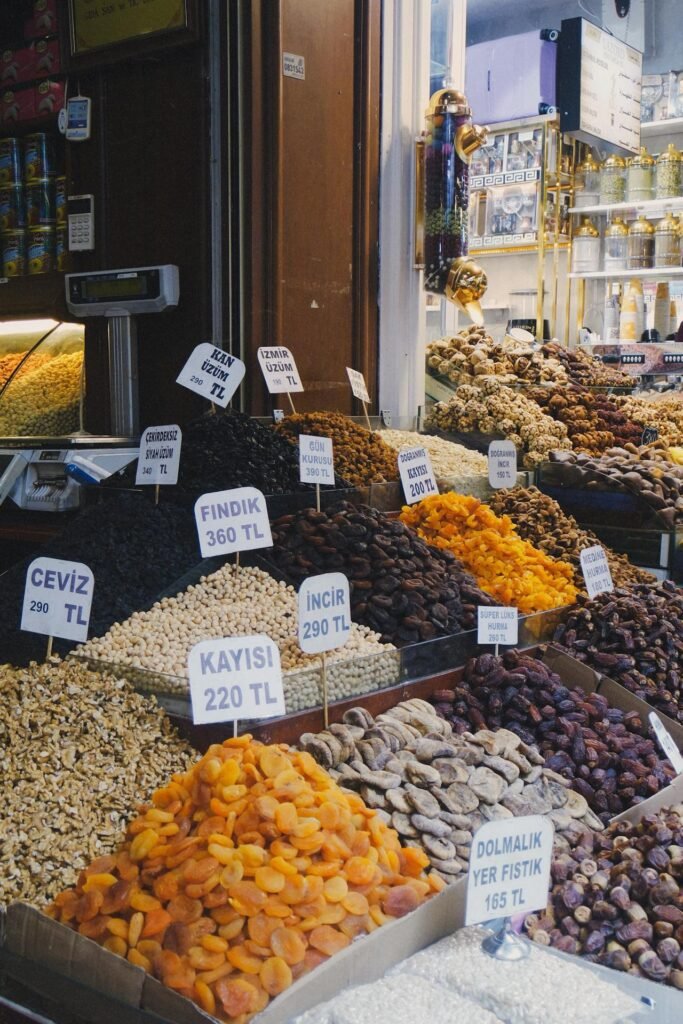
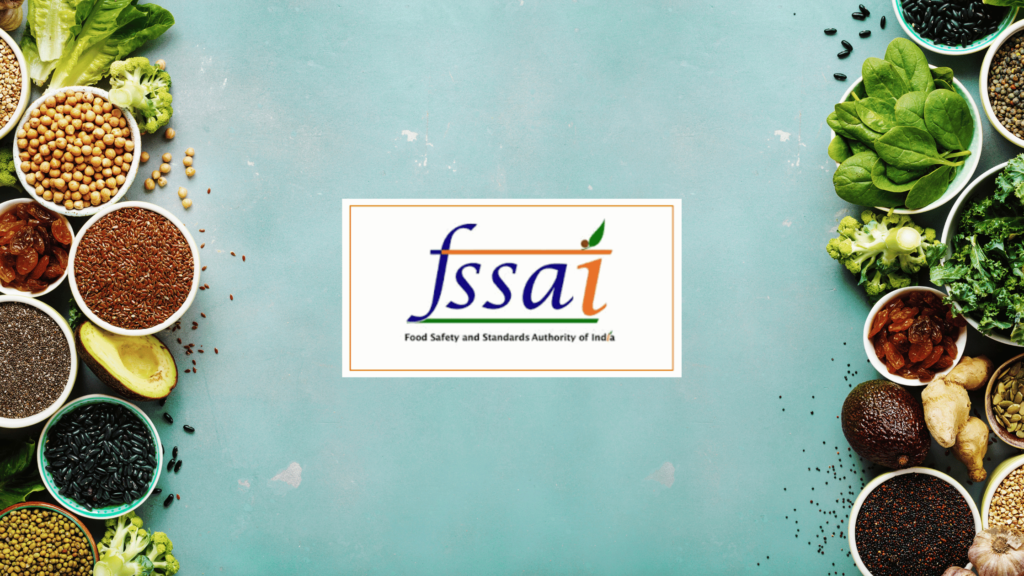
Who Needs an FSSAI License?
Any business involved in food-related activities must obtain an FSSAI license or registration. This includes:
- Food manufacturers, processors, and packers.
- Food traders, wholesalers, and distributors.
- Restaurants, cafes, and catering businesses.
- Food delivery services (e.g., Swiggy, Zomato).
- Importers and exporters of food products.
- Retailers, grocery stores, and online food sellers.
Benefits of FSSAI License
Legal Compliance:
Ensures your business complies with food safety laws, avoiding penalties and legal issues.
Consumer Trust:
Enhances credibility and builds trust among customers by showcasing adherence to food safety standards.
Business Expansion:
Facilitates entry into new markets, including exports, as it adds credibility to your products.
Improved Branding:
Use of the FSSAI logo on food products assures customers of quality and safety.
Government Support:
Necessary for accessing government schemes and funding.
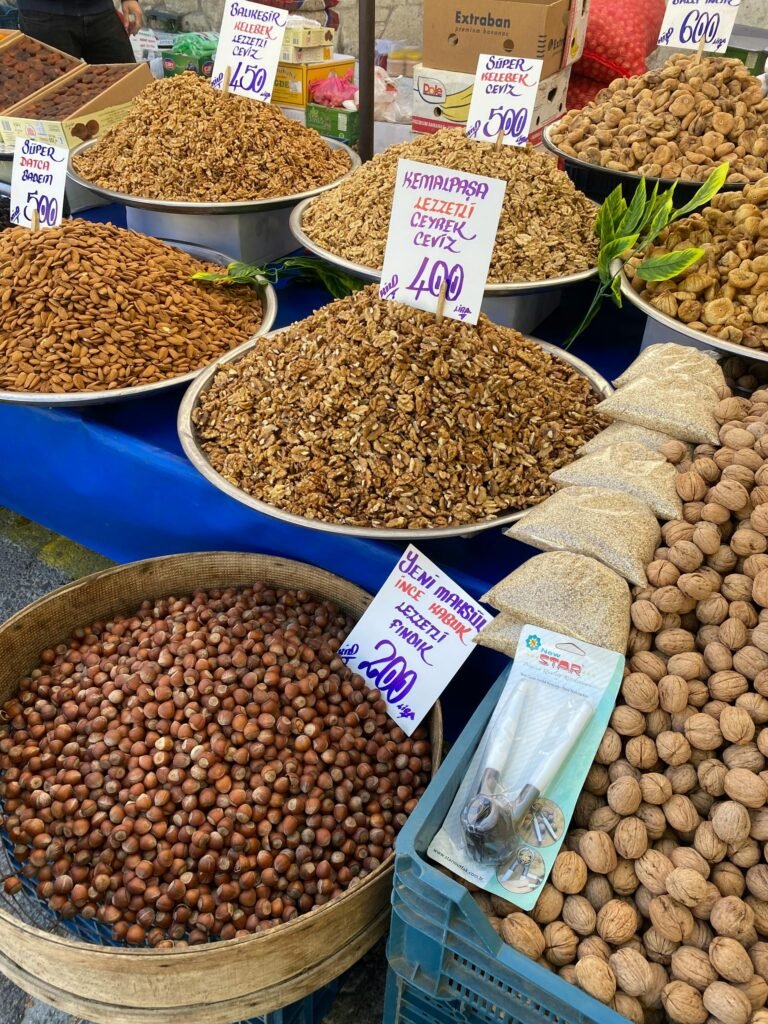
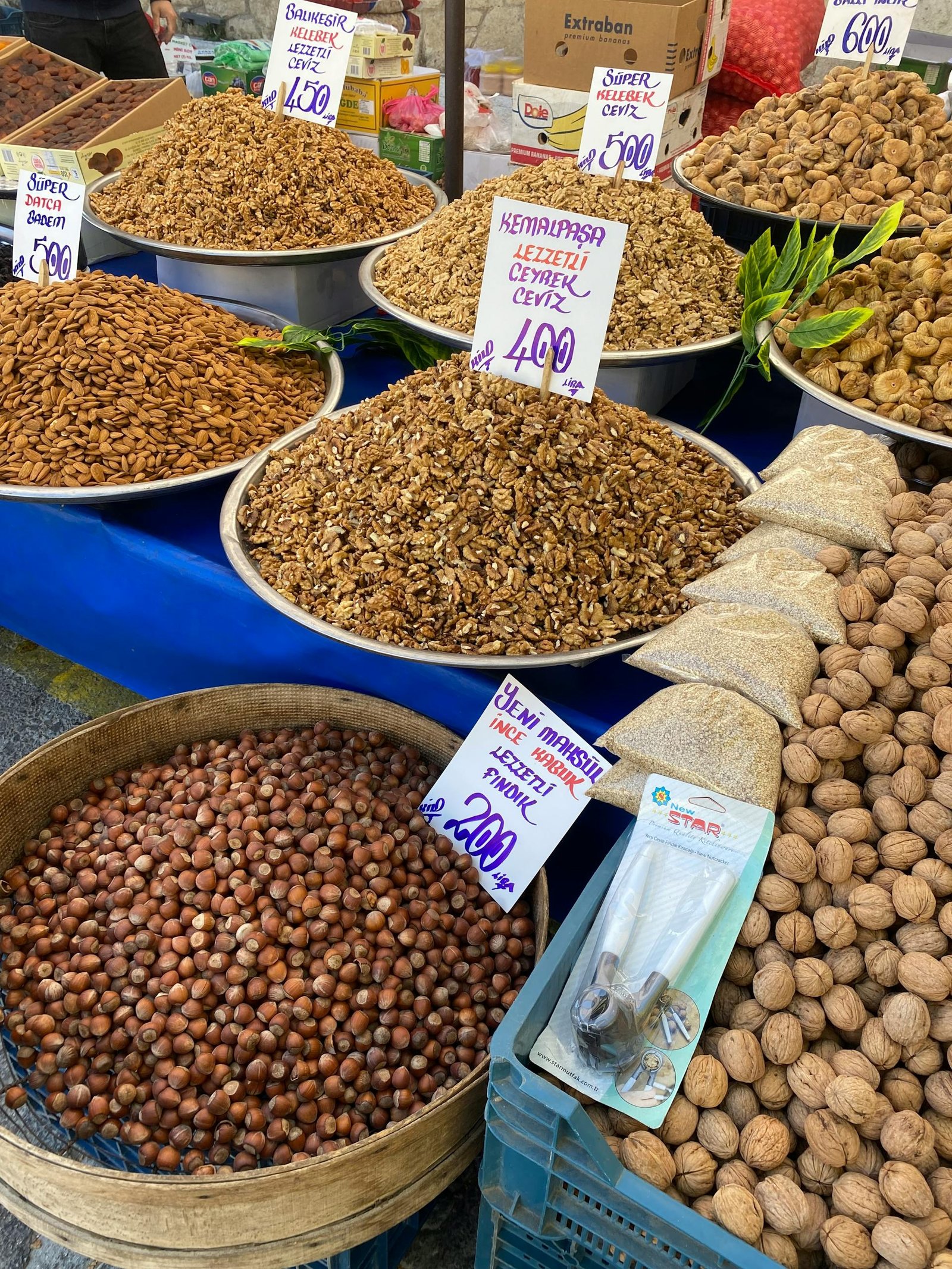
How to Apply for an FSSAI License
Step 1: Determine the Type of License
Decide whether you need a Basic, State, or Central license based on your business size, type, and location.
Step 2: Prepare Required Documents
The documents vary depending on the type of license but generally include:
- Passport-sized photographs of the applicant.
- Proof of identity (e.g., Aadhaar, PAN, or voter ID).
- Proof of address (e.g., utility bill, rental agreement, or property document).
- Business registration certificate (e.g., GST, shop establishment).
- List of food products handled by the business.
- Layout or plan of the food processing unit (for State and Central licenses).
- Details of equipment and machinery (for manufacturers).
- Water testing report (if applicable).
Step 3: Submit the Application
Visit the FSSAI online portal (https://foscos.fssai.gov.in).
Register and fill out the appropriate application form (Form A for Basic Registration, Form B for State/Central License).
Pay the applicable fees.
Step 4: Inspection and Verification
For state and central licenses, an inspection by an FSSAI official may be conducted to verify compliance.
Step 5: Receive the License
Once approved, you will receive a 14-digit FSSAI registration/license number.
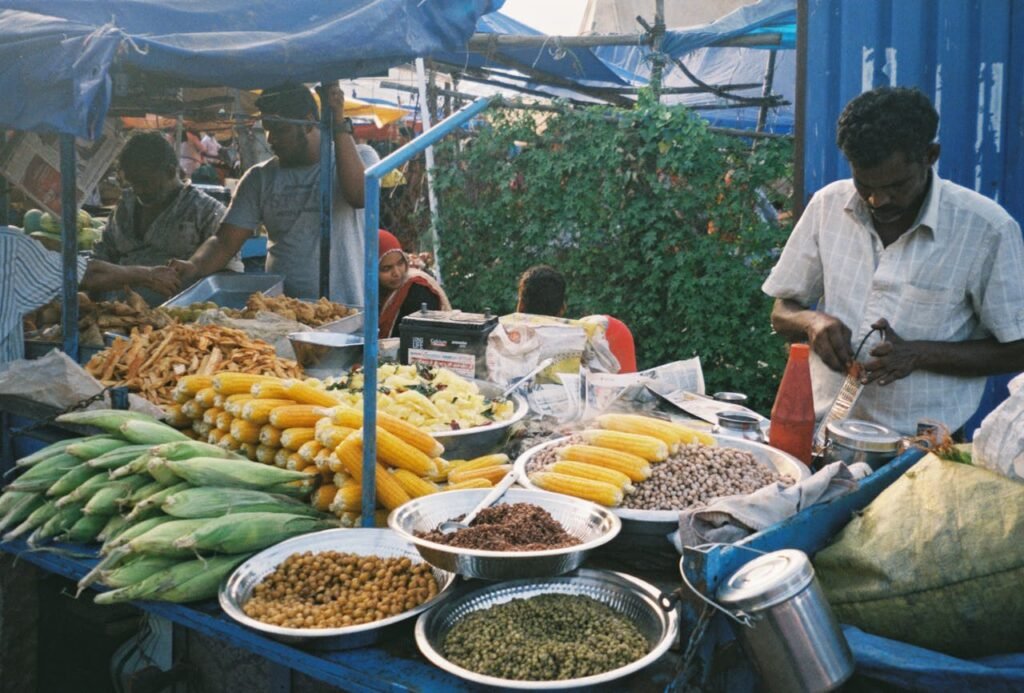

Validity and Renewal
FSSAI licenses are valid for 1 to 5 years, as chosen during application.
Renewal should be applied for at least 30 days before the license expires to avoid penalties.
Consequences of Non-Compliance
Operating without an FSSAI license or failing to comply with food safety standards can result in:
- Penalties range from ₹1 lakh to ₹10 lakh.
- Suspension or cancellation of the license.
- Imprisonment in severe cases of public harm.
Basic
Highlights
- This is for the entity whose turnover does not increase 12 lakhs per annum. Hawkers and vendors come under this category.
State
Highlights
- This is for the entity whose turnover is not less than 12 lakhs and not more than 20 crores annually.
Central
Highlights
- For the entity whose turnover is more than 20 crores for producing, trading, or storing the food products up to a specific limit as per law.
